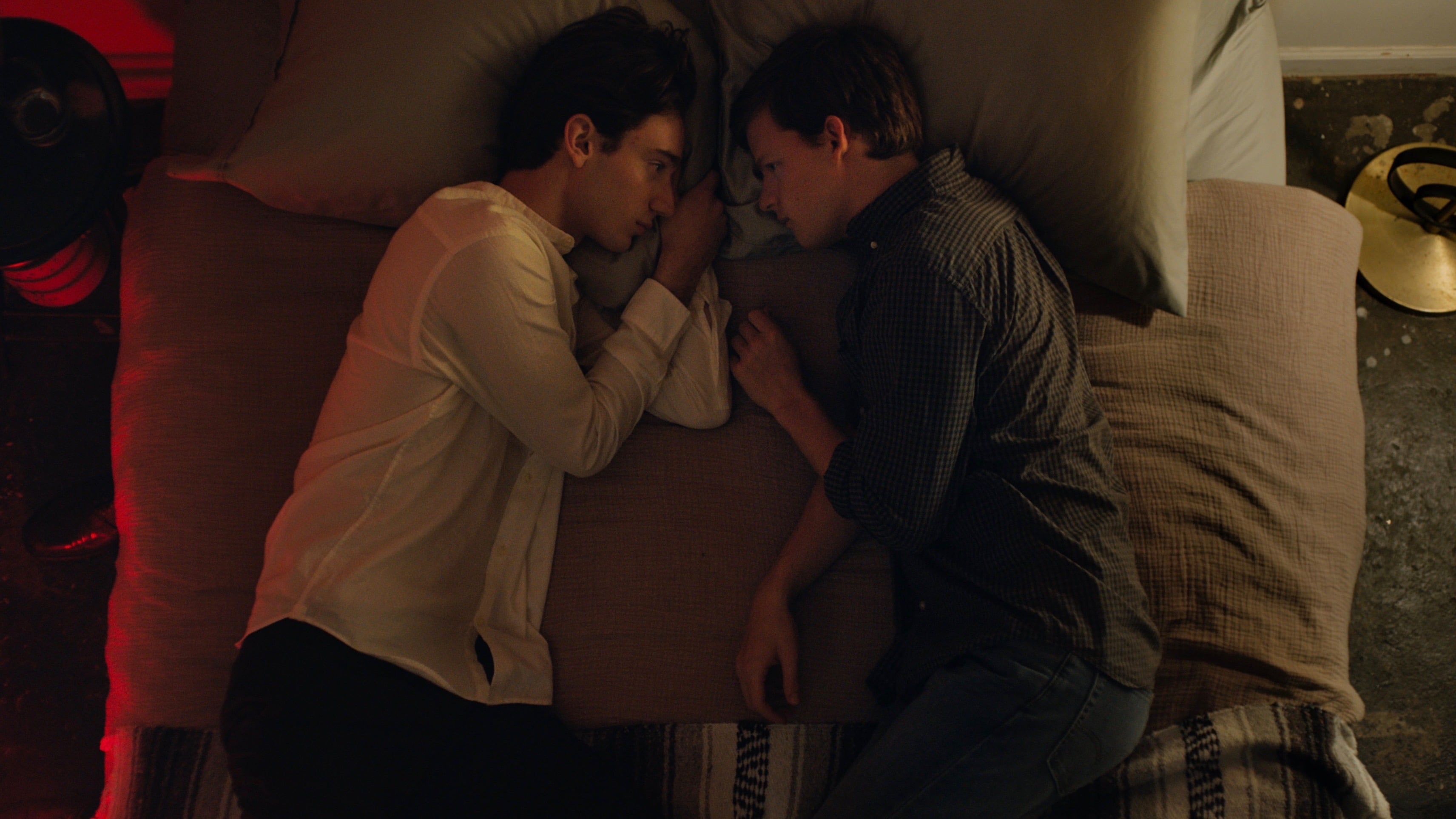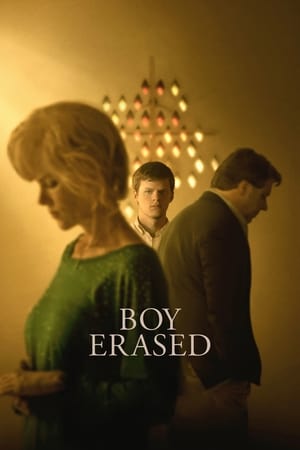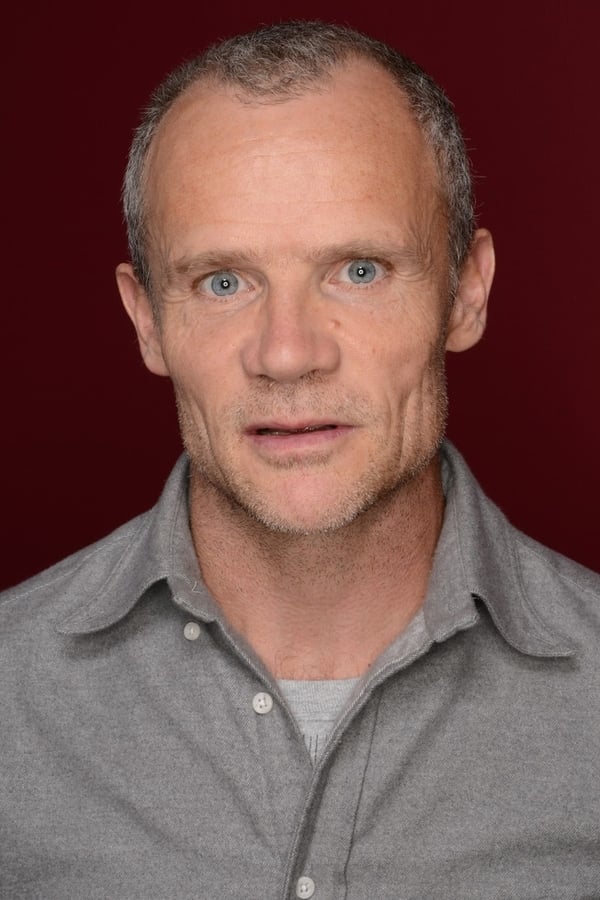Joel Edgerton’s 2018 film
Boy Erased highlights the abuse faced by many LGBTQ+ Americans forced to attend gay conversion therapy.
Boy Erased tells the true-life story of Arkansas young adult, Garrad Conley and his experience of living life as a gay man in the Christian church. While the film of course is not exempt from falling into classic problematic Hollywood tropes, it manages to stand apart from the rest in its ability to defy the myths of gay conversion therapy that are so commonly reinforced within Christianity.
Boy Erased conforms to Hollywood standards in choosing a white man to play the lead who shows little queer sexual desires, however, the film’s ability to break the norms of a Christian narrative and educate an audience on the conversion therapy experience allows for a push back against the dominant ideology surrounding such conversion camps. While the film failed to break the mold of the typical white cast and tragic queer trope, its urgent push to discourage gay conversion therapy ultimately works to open the minds of the audience and pushes the message of acceptance.
Boy Erased introduces the audience to Garrad’s character who, in the film is known as Jared Eamons. Jared is a freshman in college when he is forced to come out as a gay man to his Southern, conservative parents. While both of his parents are disappointed in the news, Jared’s father in particular struggles with the reality of his son’s sexual identity. Jared’s father serves as the preacher at their local church. He believes more than anyone that homosexuality is a sin and ultimately tells Jared that “We cannot see a way that you can live under this roof if you’re gonna fundamentally go against the grain of our beliefs”. In an attempt to try to “fix” Jared and free him from his "sin", his parents make the decision that it would be best to send him to a gay conversion therapy camp. While there, the audience gets an insight as to what life is like for LGBTQ+ youth at these camps, and we see the physical and emotional abuse they undergo, signaling (accurately) to the audience that this practice is harmful.
While some of the pushback against Christian support of gay conversion therapy is a step in the right direction for the film,
Boy Erased does unfortunately stick to commonplace tropes in regard to queer and racial narratives. The lead character Jared for example is played by white actor, Lucas Hedges, and his character shows little queer sexual desire. Of course, this film is based on a true story about a white man, however, it is important to realize that Hollywood could have chosen to produce a movie about the true story of an African American or Latino man’s experience with gay conversion therapy but instead chose the narrative of a white man. Traditionally, if any queer narratives are expressed, it is a white queer narrative. The queer experience of people of color is rarely represented. In this sense,
Boy Erased fails entirely to consider intersectional identities and reflects the experience of gay conversion therapy only through the lens of a white man.
Concurrently,
Boy Erased does nothing to challenge the tragic queer trope seen too often, if not almost exclusively in queer-centered film. Jared fits this trope as he is forced to grapple with his sexuality that is out of his control. While his Christian parents do not believe the aspect that it is no fault of his own, his internal struggles to conform to a world that does not accept him for his true identity does provide the viewer with a sense of pity, a sense of sadness to watch a teenager struggle to navigate their identity. In a sense, this pity is actually useful in the film’s aim to change the dominant beliefs about conversion therapy because it shows to the audience that sexuality is not a choice. Joel Edgerton’s implementation of the tragic queer trope in this instance works to portray the idea that queer youth often wish they could simply eradicate their queer identity simply to improve their overall quality of life. This can be seen when conversion camp leader, Victor Sykes asks Jared, “In your heart do you want to change?” to which he responds, “yes”. This dialogue functions to construct Jared as the tragic queer trope, and ultimately convey to a dominant conservative audience that Jared is not

















